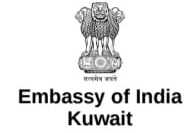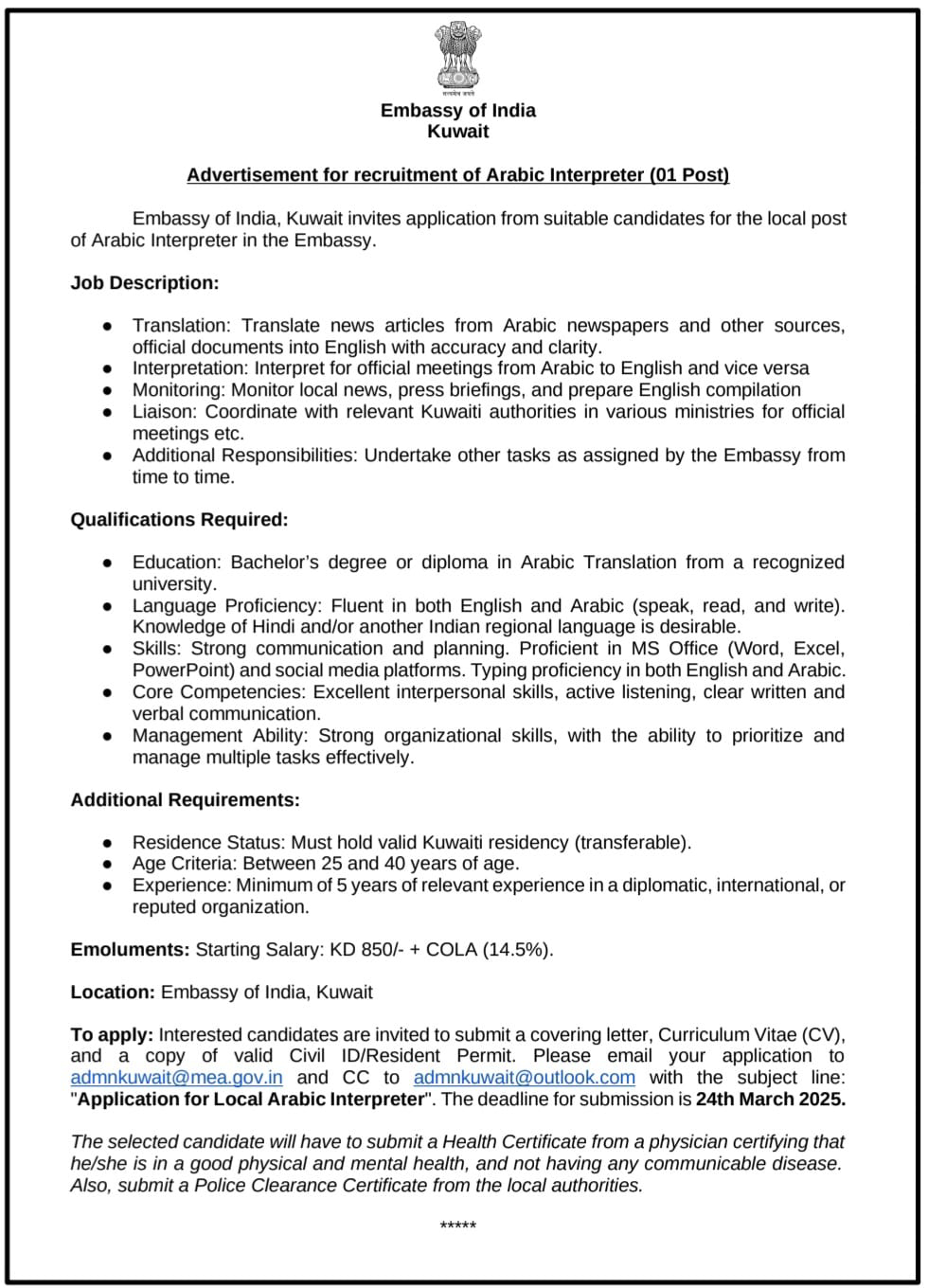Hamoud Al-Falah, Vice Chairman of the Touristic Enterprises Company (TEC), reaffirmed the company’s commitment to sustainability and tourism development in Kuwait. Speaking at TEC’s 2024 general assembly, which witnessed full attendance, Al-Falah highlighted the company’s achievements in launching quality projects that have significantly enhanced the country’s entertainment and tourism offerings.
Winter Wonderland Kuwait - Al-Shaab Park
The third season of Winter Wonderland Kuwait was successfully inaugurated at Al-Shaab Park, now the largest entertainment complex in Kuwait. The company has further enhanced the project’s facilities to provide an unparalleled experience for visitors.
South Sabahiya Park - A Family-Friendly Destination
The second season of South Sabahiya Park was also launched, spanning 107,000 square meters and featuring over 55 activities, positioning it as a prime destination for families seeking recreation and leisure.
Blajat Beach Development
TEC has made significant improvements to Blajat Beach, adding new recreational facilities to offer visitors an engaging and dynamic seaside experience.
Waterfront Beautification Project
As part of Kuwait’s urban development, TEC has completed the waterfront beautification project, featuring:
- Dedicated walking and cycling paths
- 40 electric car charging stations
- Comfortable seating areas
- Lush green spaces
These improvements aim to create a welcoming and eco-friendly recreational space for residents and tourists alike.
In alignment with government directives to boost private sector involvement, TEC has opened several of its facilities for investment through transparent public auctions. These include:
- Hilton Resort, Mangaf
- Ras Al-Ard Club, Salmiya
- Aqila Beach
- Messila Beach
The first family entertainment park on the beach, now in its second season.
Joon Project near Kuwait Towers
A premier entertainment hub featuring a luxury restaurant and hosting cultural events, including singing and folkloric performances.
TEC remains dedicated to sustainability by adopting alternative energy solutions and implementing energy-efficient lighting systems. Additionally, the company is focused on optimizing water consumption, aligning with global environmental best practices.
During the general assembly, attendees approved key agenda items, including:
- Board of Directors’ report
- Auditor’s report
- Audited financial statements
TEC’s Legacy in Kuwait’s Tourism Industry
Established in 1976, Touristic Enterprises Company has played a crucial role in shaping Kuwait’s tourism and entertainment industry. As one of the leading tourism organizations in the Arabian Gulf, TEC remains committed to enhancing cultural, recreational, and sustainable tourism experiences.






